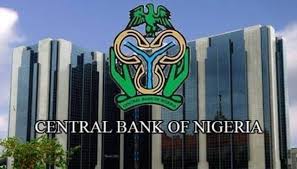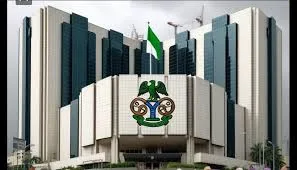The Nigeria Deposit Insurance Corporation (NDIC) has announced that it will begin disbursing payments to the tune of N650 billion to the 2.3 million depositors of Heritage Bank, starting this week.
The NDIC’s decision to reimburse depositors comes on the heels of the Central Bank of Nigeria’s (CBN) recent revocation of Heritage Bank’s operating license.
Hassan revealed that a significant majority, 99.9%, of Heritage Bank’s depositors hold accounts with balances of N5 million or less.
This means the NDIC expects to process these insured deposits swiftly.
There are about 4,000 depositors with more than N5 million in their accounts. Before losing its license, Heritage Bank had issued over N700 billion in loans.
To manage the payment process, NDIC has deployed 400 staff members across the bank’s 116 branches and regional offices.
Hassan advised that depositors with alternate bank accounts do not need to visit a bank branch.
The NDIC will use their Bank Verification Number (BVN) to credit these accounts directly.
However, depositors without alternate accounts must visit NDIC to provide the necessary information to receive their funds.
Unfortunately, most Heritage Bank employees have lost their jobs due to the bank’s closure.
Only a few staff members, particularly those with knowledge of the bank’s operations, will be retained.
Hassan stated that NDIC now has enhanced powers to recover assets from Heritage Bank’s debtors.
These powers include the ability to arrest, prosecute, and blacklist defaulters.
Heritage Bank lost its license for failing to comply with prudentia,l guidelines set by the Central Bank of Nigeria (CBN).
Additional guidelines include: Risk Management Framework; a structured approach to identifying and managing all relevant risks, Large Exposures; Limiting the amount a bank can lend to a single borrower or related group, Loan Loss Provisioning; setting aside reserves for potential loan losses, Corporate Governance; Maintaining strong governance practices, including a competent board of directors, sound internal controls, and effective oversight, Anti-Money Laundering (AML) and Counter-Terrorist Financing (CFT); Implementing controls to prevent illegal activities and ensure the bank’s integrity.
Although Hassan didn’t directly mention insider lending, his remarks suggested that Heritage Bank possibly violated guidelines related to this practice, which involves stringent rules to prevent conflicts of interest when lending to bank insiders, such as employees, directors, or shareholders.



























![#Edodecides2024: Obaseki calls for calm, hints at legal action [VIDEO]](https://thediscovererng.com/wp-content/uploads/2024/09/download-6-3-120x86.jpeg)
